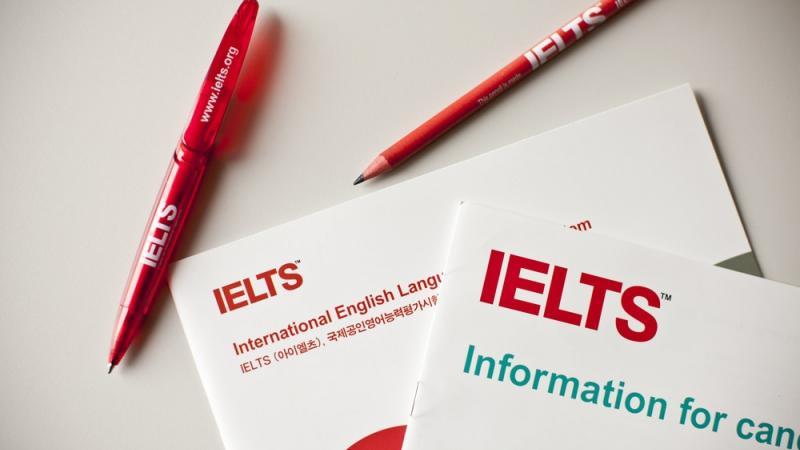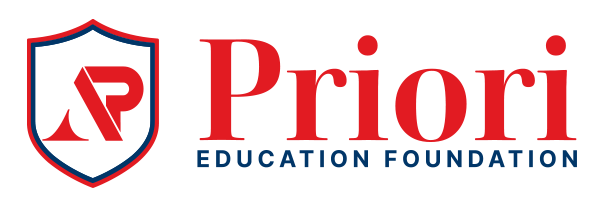IELTS

IELTS, also known as International Language Testing Center is the world’s most popular English Language Proficient Test for higher education and global migration. It assesses all of your English skills: reading, writing, listening, and speaking, and is designed to reflect how you will use English at study, work, and at play, in your new life abroad. It has an excellent international reputation, and is accepted by over 9,000 organizations worldwide, including schools, universities, employers, immigration authorities and professional bodies.
There are two versions of the IELTS: The Academic Version and the General Version. The Academic Version is intended for those who want to enroll in universities and other institutions of higher education and for professionals such as medical professionals and nurses who want to study or practice. The General Training Version is intended for those planning to undertake non-academic training or employment, for immigration purposes. IELTS is accepted by almost all Australian, British, Canadian, Irish, New Zealand and more than 1800 US academic institutions. It is the only acceptable English test for immigration to Australian and also accepted by the UK and Canada.
The IELTS Test Structure
The IELTS test comprises of four Modules – Listening, Reading, Writing and Speaking. Scores are reported in “bands” for the individual modules and the overall tests. All candidates take the same Listening and Speaking Modules, while the Reading and Writing Modules differ depending on whether the candidate is taking the Academic or General Training Versions of the Test.
Total Test Duration 2 hours 45 minutes.
The first three modules – Listening, Reading and Writing (always in that order) – are completed in one day with no break in between. The Speaking Module may be taken, at the discretion of the test center. It is generally administered on the day of the test or on the following day. An IELTS result or Test Report Form (TRF) is valid for two years.
Listening: | Reading: | Writing: | Speaking: |
30 Minutes | 60 Minutes | 60 Minutes | 11-14 Minutes |
IELTS Format
There are options to take IELTS test on paper or on computer.
If you take IELTS on paper, your IELTS Speaking test will take place on a different day to the other sections of the test, in a 7-day window before or after the main test day. You will receive an email confirming your Speaking test date 48 hours in advance. The results are published in 1-5 days for IELTS on Computer and in 13 days for IELTS on paper.
IELTS Band Scale
The IELTS band scores range from a band 0 to a band 9. The band Scores are in either whole or half Bands. The nine bands are described as follows:
9 = Expert User
Has full command of the language: appropriate, accurate and fluent with complete understanding. It is very hard to attain this score.
8 = Very Good User
Has fully operational command of the language with only occasional unsystematic inaccuracies and in appropriacies. Handles complex detailed argumentation well.
7 = Good User
Has operational command of the language, though with occasional inaccuracies, inappropriateness and misunderstandings in some situations. It generally handles complex language well and understands detailed reasoning.
6 = Competent User
Has generally effective command of the language despite some inaccuracies, inappropriateness and misunderstandings. I can use and understand fairly complex language, particularly in a familiar situation.
5 = Modest User
Has partial command of the language, coping with overall meaning in most situations, though is likely to make many mistakes. The candidate should be able to handle communications in his or her own field.
4 = Limited User
Basic competence is limited to familiar situations. Has frequent problems in using complex language.
3 = Extremely Limited User
Conveys and understands the only general meaning in very familiar situations. Frequent breakdowns in communication occur.
2 = Intermittent User
No real communication is possible except for the most basic information using isolated words or short formulae in familiar situations and to meet immediate needs. Has great difficulty understanding spoken and written English.
1 = Non-User
Essentially has no ability to use the language beyond possibly a few isolated words.
0 = Did not attempt the test
No assessable information provided.
Why Choose IELTS?
-Accepted by 11,500+ organizations worldwide, including in the UK, Australia, Canada, and the USA.
-Offers both Academic and General Training versions to suit study, migration, and work needs.
-Choice of paper-based or computer-based testing.
-Face-to-face speaking test with an examiner for a more natural conversation.
-Widely recognized by immigration authorities (UKVI, IRCC, Australia DHA).
-Test dates available frequently at centers around the world.

